Non-edible plant oils have been found to be promising crude oils for the production of biodiesel. The use of non-edible oils when compared with edible oils is very significant in developing countries because of the tremendous demand for edible oils as food, and they are far too expensive to be used as fuel at present [39] .
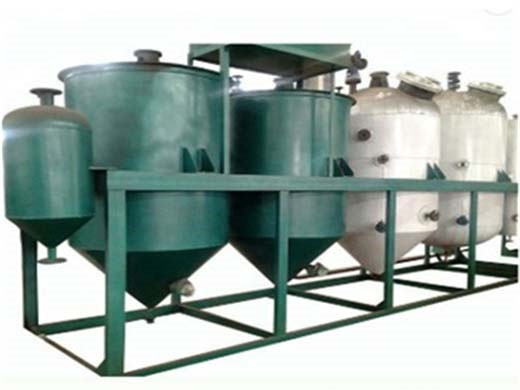
Biodiesel is a form of diesel fuel derived from plants or animals and consisting of long-chain fatty acid esters.It is typically made by chemically reacting lipids such as animal fat (), soybean oil, or some other vegetable oil with an alcohol, producing a methyl, ethyl or propyl ester.. Unlike the vegetable and waste oils used to fuel converted diesel engines, biodiesel is a drop-in biofuel ...
Get Price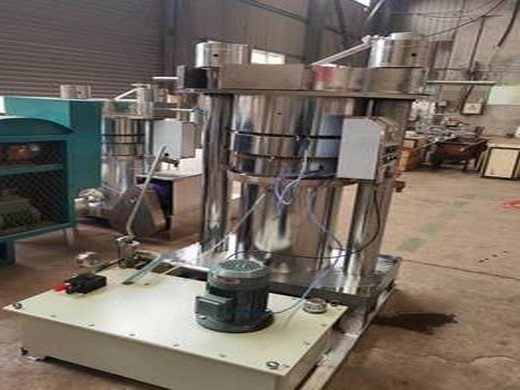
In contrast, the non-edible vegetable had the lowest biodiesel production cost because of the high availability and easier conversion process. • The selection of suitable feedstock and catalyst type can reduce the cost of biodiesel production from non-edible sources. In this regard, the reusability of the catalyst with no effect on the ...
Get Price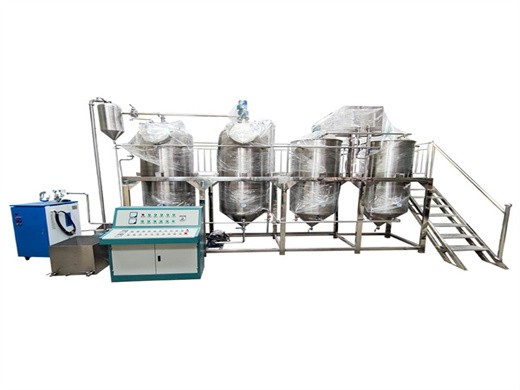
Conclusion The study paves the way for a green route for biodiesel production and would promote the use of non-edible vegetable oils over edible ones to produce biodiesel. Further, it is a right ...
Get Price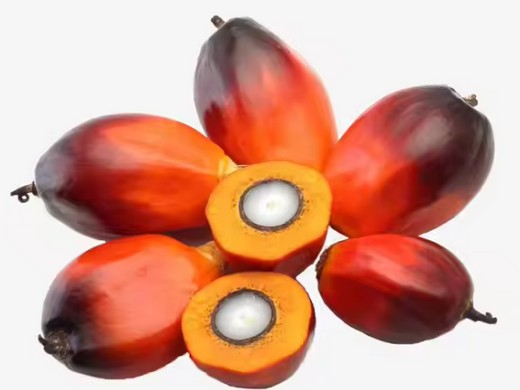
cost effective biodiesel production (Bautista et al., 2012).The nature of yeasts SCOs is similar to that of plant/vegetab le oils as they are m ost commonly
Get Price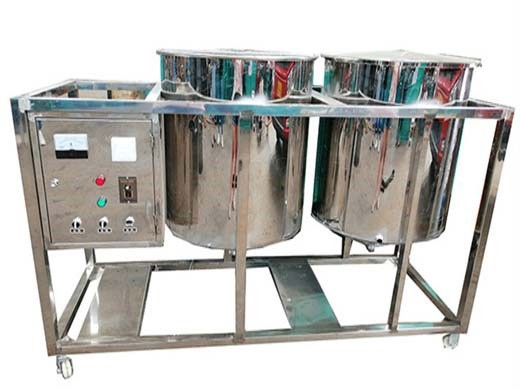
Exploiting non-edible oils is one of the solutions to reduce dependency of edible oils for biodiesel production. The non-edible oils are available in many regions of the world especially wastelands and they can be utilized to eliminate competition with food (Atabani et al. 2012).
Get Price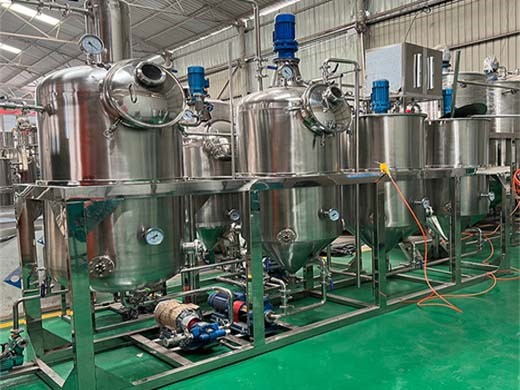
Wei Du has completed her PhD and postdoctoral studies from South China University of Technology and Tsinghua University respectively. She worked as a visiting professor at MIT from 2009 to 2010. She has published more than 50 papers in reputed journals and has been serving as an editorial board member of Journal of Engineering. Based on the announcement of Elsevier in 2014, she is listed as ...
Get Price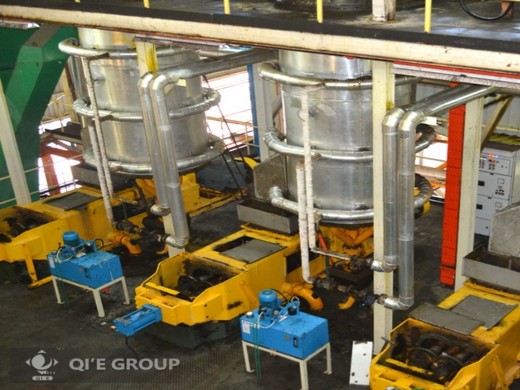
Assessment of best practices in UCO processing and biodiesel distribution D4.3 - Guide on UCO processing and biodiesel distribution methods TECHNICAL UNIVERSITY OF CRETE May·2013 PROMOTION OF USED COOKING OIL RECYCLING FOR SUSTAINABLE BIODIESEL PRODUCTION (RecOil) RecOil aims to increase sustainable biodiesel production and its local market intake by enhancing household used cooking oil ...
Get Price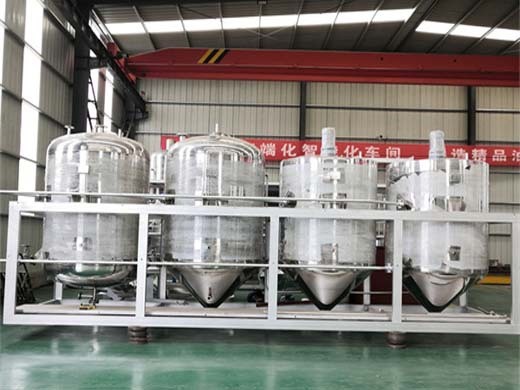
Microwave applications in biodiesel production can be separated based on different feedstock types. Many reports include research on microwave-enhanced transesterification of 1) edible oils, 2) non-edible oils, and 3) oils from algae and other cellulose based renewable feedstock.
Get Price
8-2-2008· Moreover, these oils could be more expensive to use as fuel. Hence, the contribution of non-edible oils such as jatropha and soapnut will be significant as a non-edible plant oil source for biodiesel production. Jatropha is grown in marginal and waste lands with no possibility of land use competing with food production.
Get Price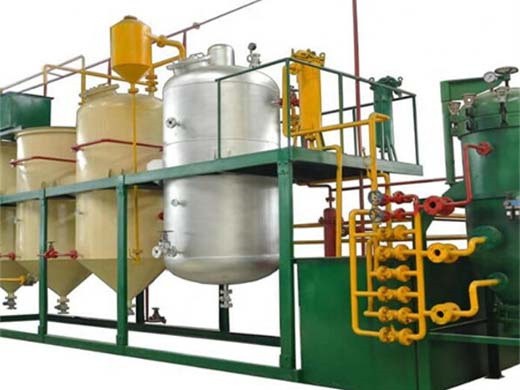
cost feedstocks such as non-edible oils and waste cooking oils for biodiesel production. This paper reviews numerous options of non-edible oils as the substantial feedstocks, biodiesel pro-cessing, and effect of different parameters on production of biodiesel. Keywords Non-edible oil, viscocity, FFA, biodiesel, transesterification, fuel
Get Price
The biodiesel can be manufactured from Crude Palm Oil. The other oil sources are all the non edible oils, a few of them are Jatropha oil, Neem Oil, Karanja Oil, Mahua Oil, etc. Also used frying (cooking) oils can be used for bio diesel production. Specialty of SHREEJI’s Bio diesel plants and their integration:
Get Price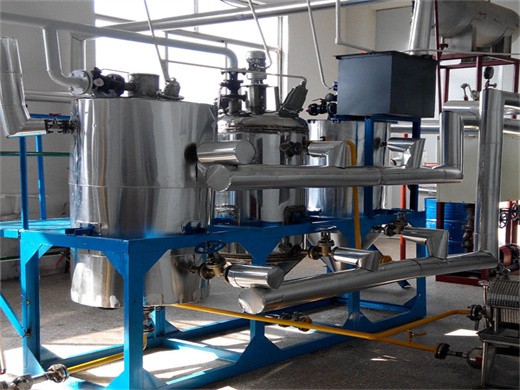
Besides its lower cost, another undeniable advantage of non-edible oils for biodiesel production lies in the fact that no foodstuffs are spent to produce fuel [4]. These and other reasons have led to medium- and large-scale biodiesel production trials in several countries, using non-edible oils such as castor oil, tung, cotton, jojoba and jatropha.
Get Price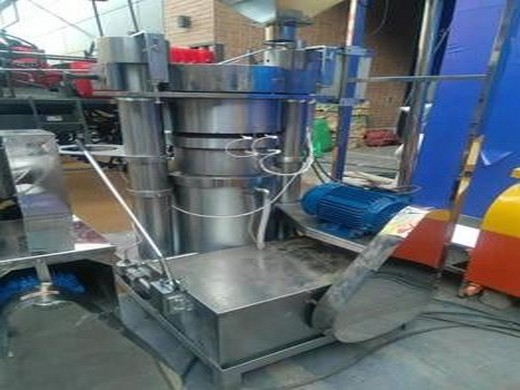
Biodiesel is produced mainly from vegetable oils by transesterification of triacylglycerols. From economic and social reasons, edible oils should be replaced by lower-cost and reliable feedstocks for biodiesel production such as non-edible plant oils.
Get Price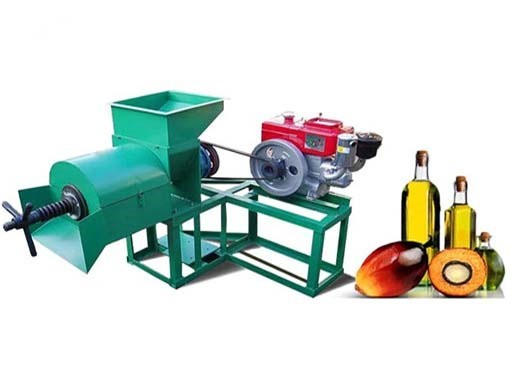
BEFA BIODIESEL PRODUCTION A complete plant contains one production chain to produce vegetable oil out of oily crop and one chain for the production of biodiesel from vegetable oil. BEFA company has in its delivery program all necessary plant components so that according to customer‘s needs a complete biodiesel production plant can be erected.
Get Price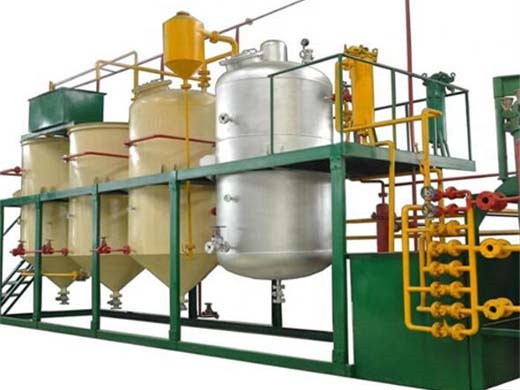
30-3-2020· One of the key resolutions for mankind’s energy challenges is the development of biofuels. Biodiesel, or alkyl esters, is the fastest growing biofuel in the world and is considered a good replacement for petro-diesel. However, its full adoption is not yet economically viable due to the high cost of production of its primary feedstock, triglycerides derived from plant sources (oils). The cost
Get Price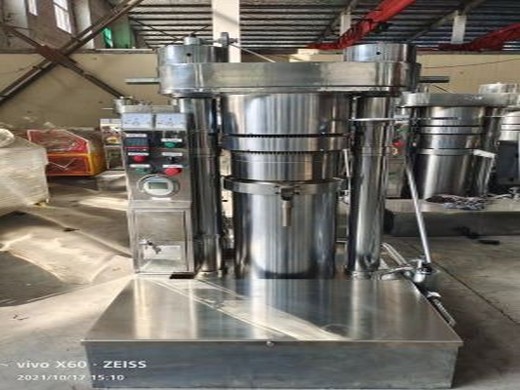
Non-edible vegetable oils: A critical evaluation of oil extraction, fatty acid compositions, biodiesel production, characteristics, Production of biodiesel from non-edible oils feedstocks can overcome the problems of food verse fuel, a brief description of various types of non-edible plant oils will be presented. Table 1.
Get Price
Non-edible vegetable oils are not suitable for human food due to the presence of some toxic components in them. However, this doesn’t affect the biofuel production. The conversion rate of non-edible oil into biodiesel is comparable to the one of edible oils in terms of production and quality.
Get Price
17-2-2016· The carbon released from the burning of biofuels is continually cycled rather than being released from ancient fixed carbon sources, as is the case for fossil petroleum and natural gas. The problem is that the cost of production of fuels from lignocellulose and plant oils is high and this nascent industry cannot compete with oil prices.
Get Price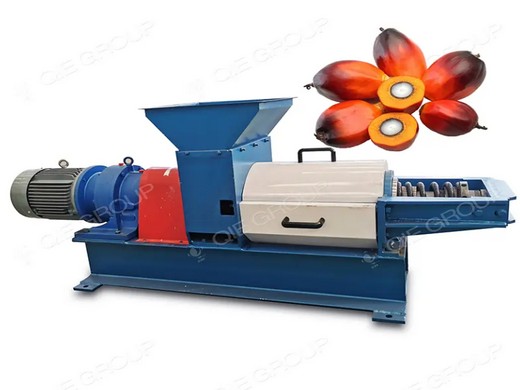
CHAPTER -II REVIEW OF LITERATURE 2.1. INTRODUCTION Netherlands, Germany, the United States, and Singapore are both major Main commodity sources for biodiesel production from non-edible oils are from plant species such as Atrophy or ratanjyote (or)
Get Price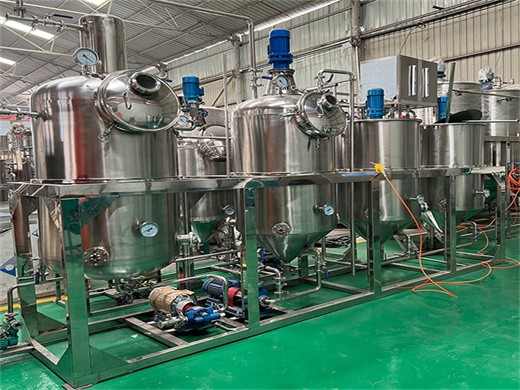
Biodiesel production from Karanja oil Vivek and A K Gupta Keywords: Biodiesel, Karanja oil, Alternate fuel, Fuel 1 Introduction During last decade, India maintained a high biodiesel production process can be improved if non-edible oils are used.
Get Price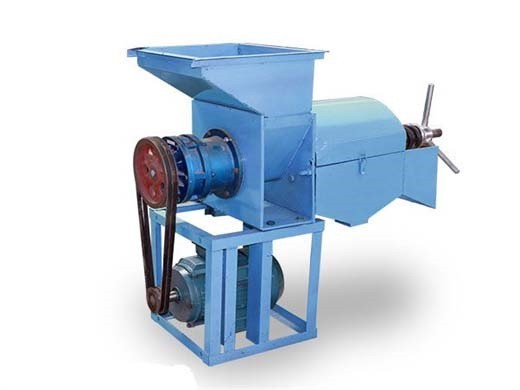
Pilot plant study on biodiesel production from Karanja and Jatropha oils. Gajanan Sahu. Gasification Division, Central Institute of Mining & Fuel Research (CSIR), Dhanbad 828108, Jharkhand, India. Centre for Rural Development & Technology, Indian Institute of
Get Price
Biodiesel in pakistan 1. Biodiesel environmentally friendly substitute for petro-diesel fuel. It is produced from edible & non-edible oils Pakistan State Oil has also conducted successful trials of biodiesel production at its test farm and biodiesel plant. The Pakistan Agricultural Research Council
Get Price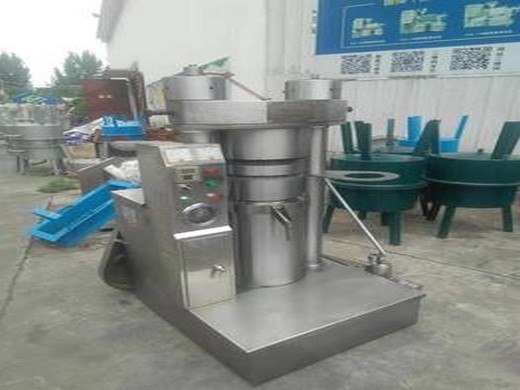
Swaraj Herbal Plants Pvt. Ltd.- Manufacturer and exporter of biodiesel processing plant, biodiesel processing unit, solvent extraction unit, solvent extraction unit for herbal and medicinal plant, field distillation unit, field distillation unit for essential oil, steam distillation unit, mobile distillation unit, mobile steam distillation unit, packed fractionating column, stainless steel
Get Price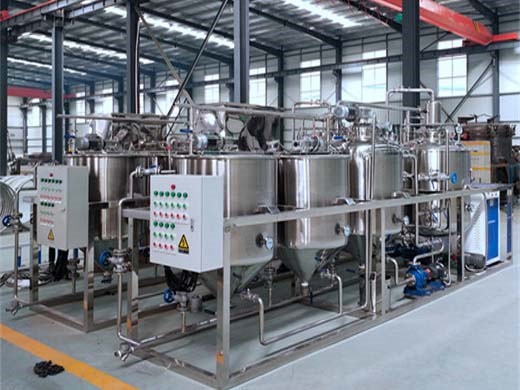
Biodiesel production is the process of producing the biofuel, biodiesel, through the chemical reactions of transesterification and esterification.This involves vegetable or animal fats and oils being reacted with short-chain alcohols (typically methanol or ethanol).The alcohols used should be of low molecular weight. Ethanol is the most used because of its low cost, however, greater
Get Price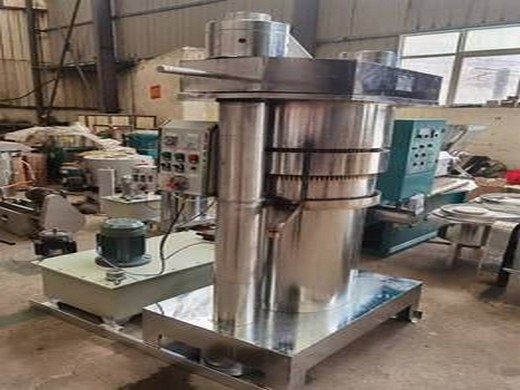
BIOPETROL to build biodiesel plant at BIOPETROL to build biodiesel plant at Vopak terminal in Rotterdam, the Netherlands 10 March 2006, 00:00 Zug Switzerland / Rotterdam The Netherlands BIOPETROL INDUSTRIES AG (BIOPETROL) and a group company of Royal Vopak (Vopak) signed a long term co-site agreement.
Get Price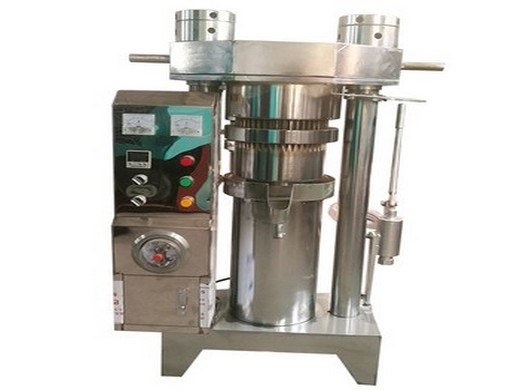
Current strategies and prospects of biodiesel production: A review M. A. Mujeeb, generation biodiesel derived from non-edible oils such as Jatropha curcas L . appeared as an attractive alternative feedstock for the biodiesel industry. In fact, the use of jatropha oil in existing biodiesel plant
Get Price
What does biodiesel mean? biodiesel is defined by the lexicographers at Oxford Dictionaries as A biofuel intended as a ‘The unit is to be established following the successful technology demonstration on the production of bio-diesel from non-edible vegetable oils through a pilot plant established at a cost of Rs.2 lakhs at
Get Price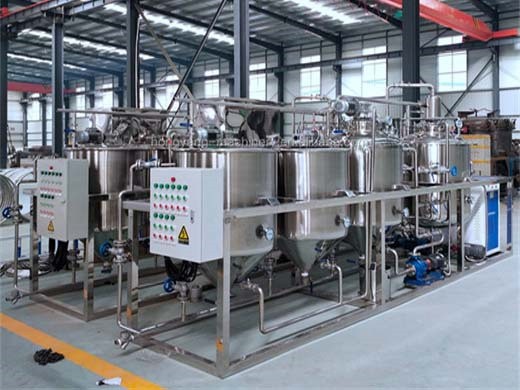
Utilization of immobilized lipases as catalysts in the transesterification of non-edible vegetable oils with Methanol is commonly used an acyl acceptor because of its suitable physical and chemical properties and low cost Stamenkovic, O. C., Veljkovic, V. B., Biodiesel production from non-edible plant oils
Get Price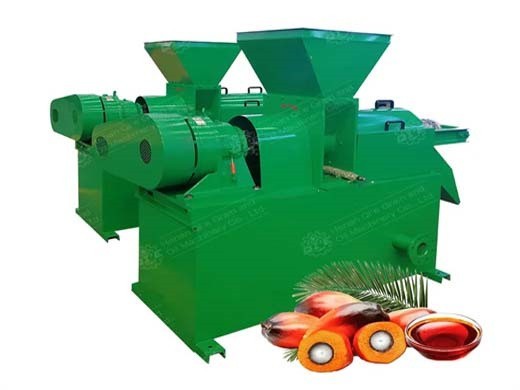
Biodiesel feedstock can be categorized into three groups: vegetable oils (edible or non-edible oils), animal fats and used waste cooking oil. Biodiesel has been mainly produced from edible vegetable oils all over the world. More than 95 % of global biodiesel production is made from edible vegetable
Get Price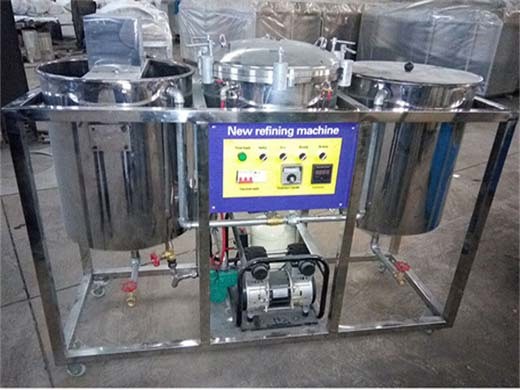
Utilization of immobilized lipases as catalysts in the transesterification of non-edible vegetable oils with Methanol is commonly used an acyl acceptor because of its suitable physical and chemical properties and low cost Stamenkovic, O. C., Veljkovic, V. B., Biodiesel production from non-edible plant oils
Get Price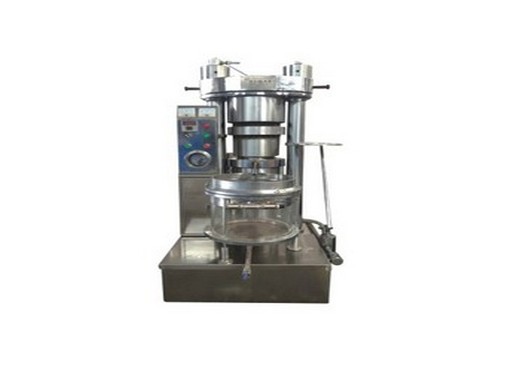
These oils are essentially edible in India and other developing countries. On the other hand, diversion of edible oilsas feed stocks for biodiesel production leads to food crisis. Therefore this research mainly concentrates the non-edible oils as feedstocks for biodiesel production to reduce the cost of biodiesel.
Get Price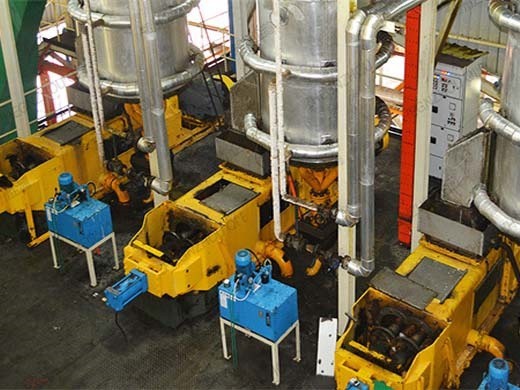
Biodiesel production from non-edible plant oils. Renewable and Sustainable Energy Reviews 2012, 16 (6),3621-3647. DOI: 10.1016/j.rser.2012.03.002. Gerhard Knothe, Steven C. Cermak, Roque L. Evangelista. Methyl esters from vegetable oils with hydroxy fatty acids: Comparison of lesquerella and castor methyl esters.
Get Price
Bio Diesel from Castor Oil A Green Energy Option . produce tree borne oilseeds for biodiesel production to ters made from edible and non-edible oils and animal fats. The main commodity sources for biodiesel in India can be non-edible oils obtained from plant species such as Ratanjot (Jatropha curcus), Karanja (Pongamia pinnata),
Get Price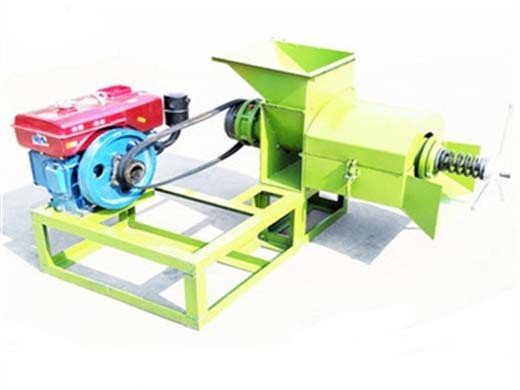
Wei Du has completed her PhD and postdoctoral studies from South China University of Technology and Tsinghua University respectively. She worked as a visiting professor at MIT from 2009 to 2010. She has published more than 50 papers in reputed journals and has been serving as an editorial board member of Journal of Engineering. Based on the announcement of Elsevier in 2014, she is listed as
Get Price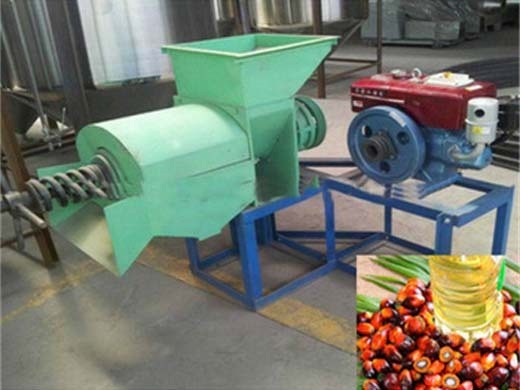
When straw was left in the field, biodiesel production was strongly energy positive, yielding 1 GJ biodiesel for every 0.561 GJ of energy input (a yield/cost ratio of 1.78). When straw was burned as fuel and oilseed rapemeal was used as a fertilizer, the yield/cost ratio for biodiesel production
Get Price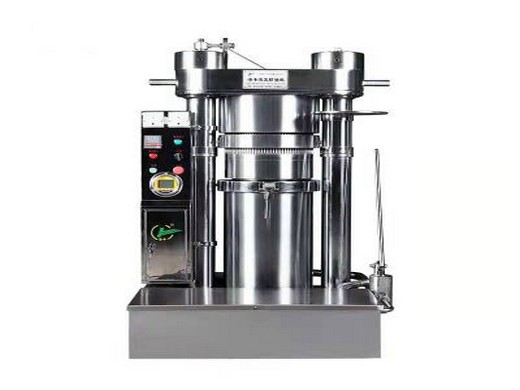
Increasing production of biodiesel from vegetable oils (edible) places strain on food production, availability and price and leads to food versus fuel conflict. Hence, this study evaluates biodiesel derived from low cost non-edible oils, primarily available in African continent, namely croton megalocarpus, moringa oleifera and jatropha oils.
Get Price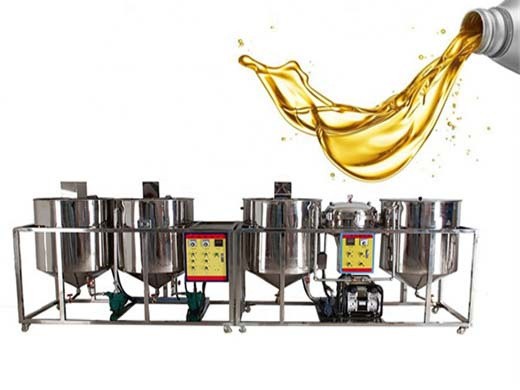
Non edible oils can be examined as a hopeful replacement for conventional edible oil for biodiesel production. But the edible oil cost is high to be used as fuel. Non edible oil is the right solution to overcome all problems related to the edible oils. There are various plant seeds remain unutilized; these seeds have shown their own
Get Price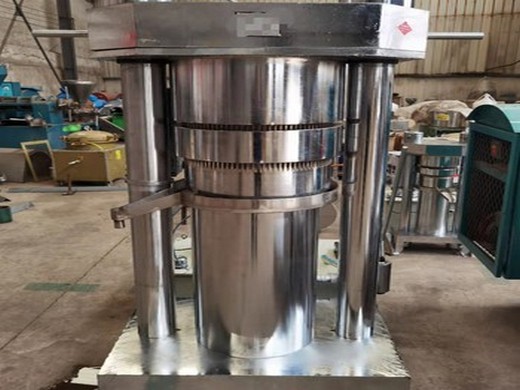
Assessment of best practices in UCO processing and biodiesel distribution D4.3 It is important to understand that UCO can decrease biodiesel production costs. On Synthesis of biodiesel from edible and non‐edible oils in supercritical
Get Price